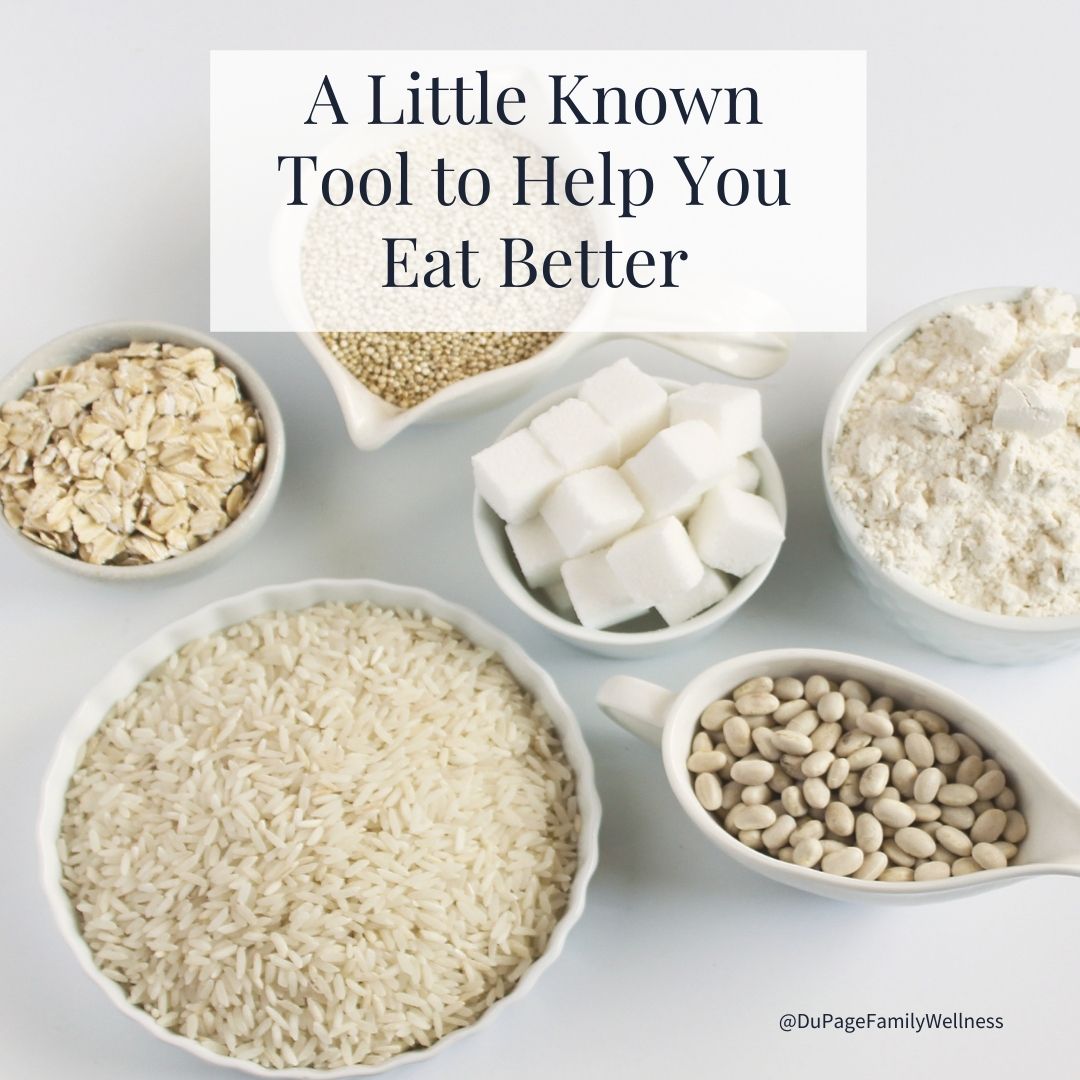 If you are trying to eat a healthy diet, you are probably aware that too much sugar spikes your blood glucose levels. This gives you a short boost of energy followed by a blood sugar crash that leaves you craving more sugary foods.
If you are trying to eat a healthy diet, you are probably aware that too much sugar spikes your blood glucose levels. This gives you a short boost of energy followed by a blood sugar crash that leaves you craving more sugary foods.
It can be very hard to eat healthy once you find yourself in this cycle. To help stabilize your blood sugar you may have tried to eat foods that have a low glycemic index. This makes sense because foods with a low glycemic index do not raise your blood sugar level as much as those with a higher rating.
But the glycemic index is not the best way to determine which foods are good for your body because it doesn’t give us a complete picture. Let’s take a look at a measure that is even more helpful for stabilizing your blood sugar and balancing your hormones than the glycemic index.
Insulin Index
Many people are familiar with the glycemic index, but very few have heard of the insulin index. While foods on the glycemic index have been categorized based on how fast they raise blood sugar, foods on the insulin index are categorized based on what these foods do to insulin levels.
Looking at insulin levels in the body is extremely important and can give us a fuller picture of what is going on within the body - but first we must understand what insulin is and how it works.
Insulin’s Role in the Body
Insulin is a fat-storage hormone that pushes sugar into the cells of the body to be used for energy. When we have excess insulin in our system for too long, we can become insulin resistant.
Insulin resistance causes us to need more insulin to handle the sugar in our blood. Unfortunately, the high levels of insulin cause your cells to be more resistant to insulin creating a vicious cycle.
This cycle results in both high blood sugar and high insulin levels which opens you up to a host of health problems. This is especially challenging for women with Polycystic Ovary Syndrome (PCOS).
Associated Health Problems
Since insulin is a fat storing hormone, it comes as no surprise that excessive insulin leads to weight gain. But it also affects other hormones within the body.
According to Dr. Abed-Alwahab at the Cleveland Clinic, “High insulin levels can tell the ovaries to make more testosterone. (Which is) why some women with PCOS have symptoms of excess androgens, like dark hairs on the face and belly.”
Using the Insulin Index to Reduce Your Risk

In her book, Getting Pregnant with PCOS, Claire Goodwin explains that “a small, reduced fat blueberry muffin spikes you insulin over three times more than a medium sized potato, while a low-fat fruit yogurt is more insulin stimulating than white bread.”
While it may not surprise you that carbs tend to spike insulin, it may be a shock that even some proteins have an effect. In fact the only foods that don’t lead to much of an increase are fats and non-starchy vegetables.
With this in mind, Goodwin recommends eating a lot of non-starchy vegetables, a palm-sized amount of protein, a serving of a whole-grain starch (or starchy vegetable), and one fat source (preferably full of Omega-3’s).
If you would like to talk more about your insulin levels or think you may be struggling with symptoms similar to those of women with PCOS, give me a call. Together we can address some of these issues and lead you towards health!
In the meantime, check out a fairly comprehensive insulin index chart here.
Dr. Jamie

